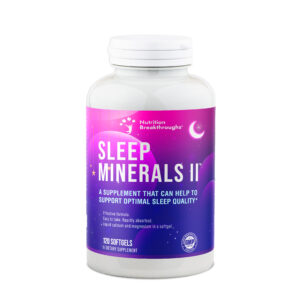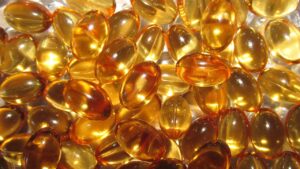 Not only are cherries one of the most satisfying and delicious foods around, they are rated by the American Journal of Nutrition in the “Top 50 List” of foods with the most powerful nutritional content and health benefits.
Not only are cherries one of the most satisfying and delicious foods around, they are rated by the American Journal of Nutrition in the “Top 50 List” of foods with the most powerful nutritional content and health benefits.
It’s the deep red, blue and purple colors of the top berries that contain the plant chemicals delivering a potent punch against disease. Recent research studies have discovered that health benefits of cherries include muscle pain relief, reducing inflammation, remedying insomnia, protection of brain cells, and relief for knee arthritis.
Many of the scientific studies on cherries are done with tart cherries or Montmorency cherries — usually sold as juice, dried, frozen, and in powdered supplement capsules. For those seeking a food-based remedy for sleeplessness and insomnia, the tart Montmorency cherry is known to contain high levels of melatonin, the hormone made in the brain that regulates the sleep-wake cycle.
The European Journal of Nutrition presented a placebo-controlled study that proved drinking tart cherry juice increases melatonin and improves sleep quality. Drinking the juice resulted in longer sleep times, less daytime napping and greater overall sleep efficiency (the ratio of the time spent in bed to the time actually spent sleeping).
Cherries also give proven relief for people who would like to reduce muscle pain or soreness after exercise or a lot of physical activity. A study from a sports nutrition journal discovered that runners who drank tart cherry juice prior to and during a race, experienced much less pain afterwards. The high levels of anti-inflammatory properties in cherries provided a protective effect against muscle damage.
In the battle against belly fat, cherries can be a good weapon. In one animal study from the University of Michigan, scientists mixed whole tart cherry powder in with a high fat diet. The animals that ate the cherries had a lower body weight, lower cholesterol and significantly lower levels of the kind of inflammation that’s linked to heart disease and diabetes in humans.
Osteoarthritis is the most common form of arthritis. It causes chronic joint pain, swelling, and reduced motion in joints. It can occur in any joint, but usually it affects hands, knees, hips or spine. In a recent study at the Baylor Research Institute, scientists gave tart cherry powder in capsules to people with knee osteoarthritis. At the end of the eight week study, over 50% of the people benefited with good increases in movement and significant reduction of pain.
Gout is a kind of arthritis that can cause an attack of sudden burning pain, stiffness, and swelling in a joint, usually in a big toe or in other bones of the foot. A study from the journal Arthritis & Rheumatism found that patients with gout who consumed cherries over a two-day period showed a 35% lower risk of gout attacks.
For better brain health as one ages, a study from the journal of Agriculture and Food Chemistry has proven that tart cherries protect brain cells from cell-damaging stress in a dose-dependent manner. In other words, when more cherries are eaten, there are more neuro-protective benefits for the brain. This shows a potential defense against conditions such as Alzheimer’s.
Cherries are certainly a delicious way to reduce pain and inflammation, as well as to help with a stronger heart and brain and ease insomnia and sleeplessness. Calcium and magnesium are also proven remedies for insomnia. Sleep Minerals II from Nutrition Breakthroughs is a popular supplement that contains highly absorbable forms of these minerals and is effective for an inability to sleep, as well as for heart health, restless leg syndrome, bone strength, menopause insomnia and teenage insomnia.
Tammy M. of Meridian, Idaho says: “I was plagued with insomnia for five years and desperate for a breakthrough. Nothing has helped me more than Sleep Minerals II — I’m so sold on them I could go door to door promoting them. I’m 60 years old and have never slept so soundly.”
This natural health news on the health benefits of cherries is provided by Nutrition Breakthroughs, a publisher of nutrition articles and effective natural remedies since 2001. Nutrition Breakthroughs, makes the original calcium and magnesium based sleep aid Sleep Minerals II, as well as Joints and More, the natural solution for joint relief, aches and pains, stronger hair and nails and more energy.










